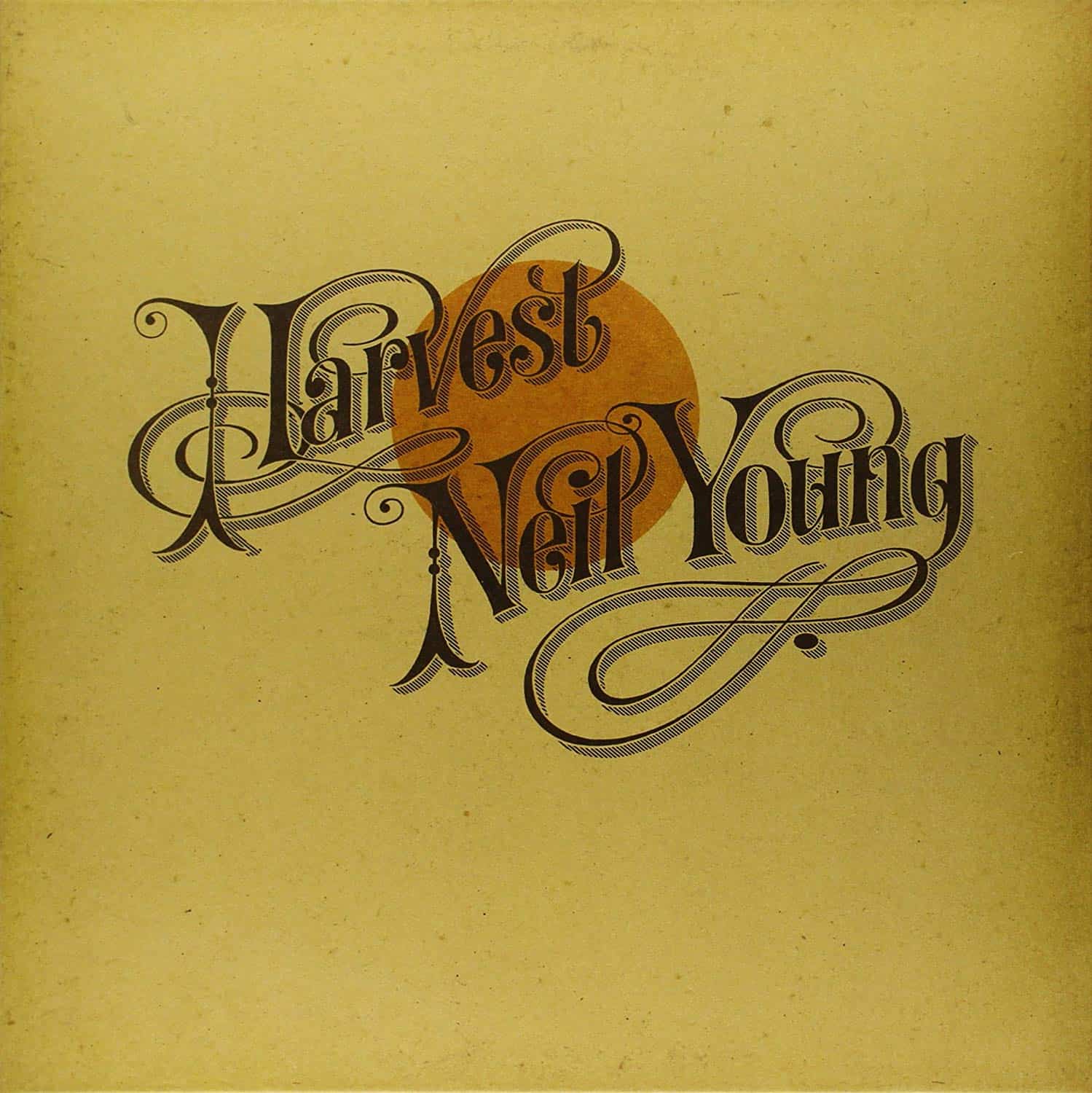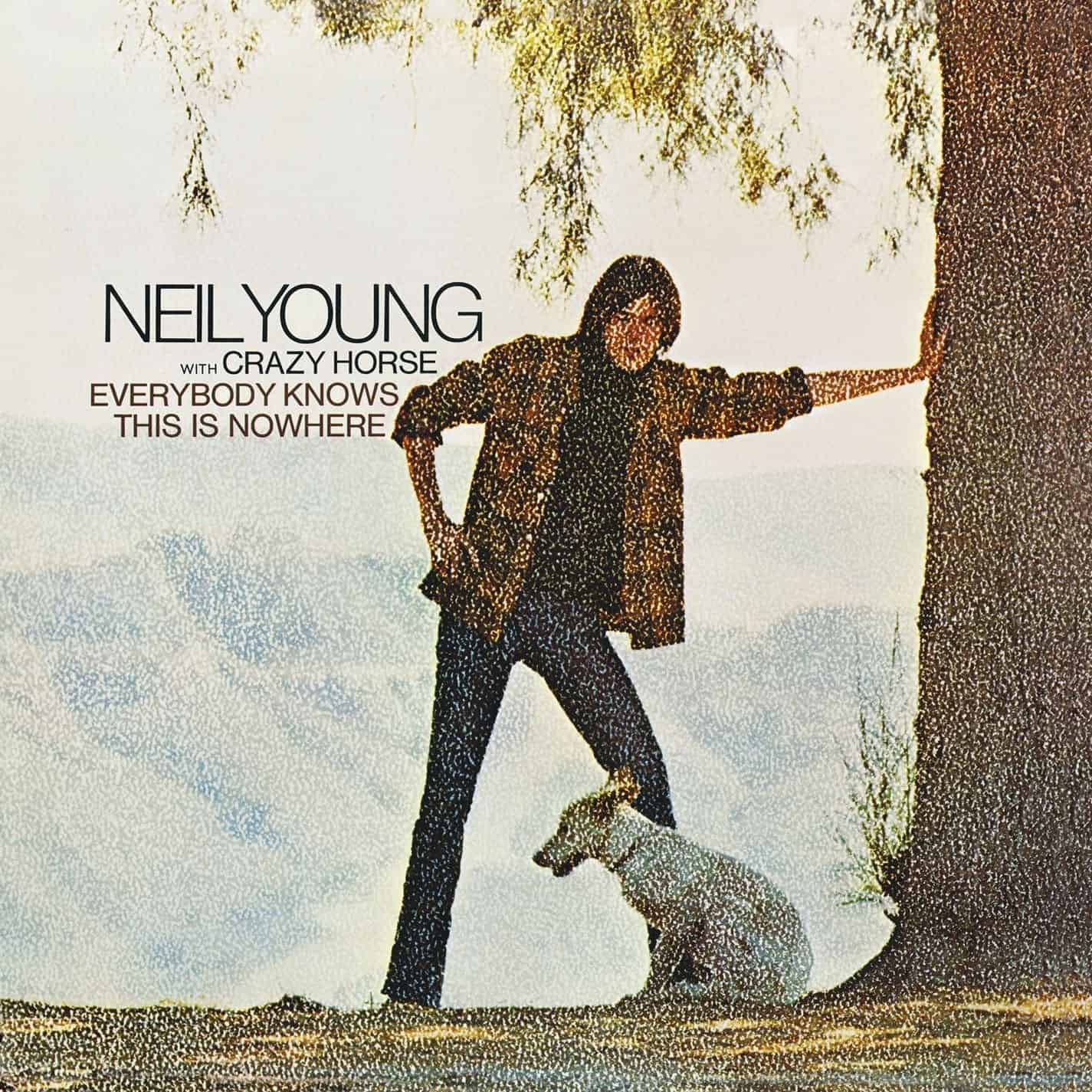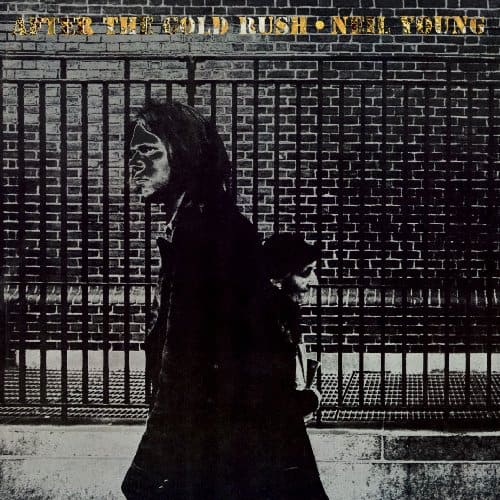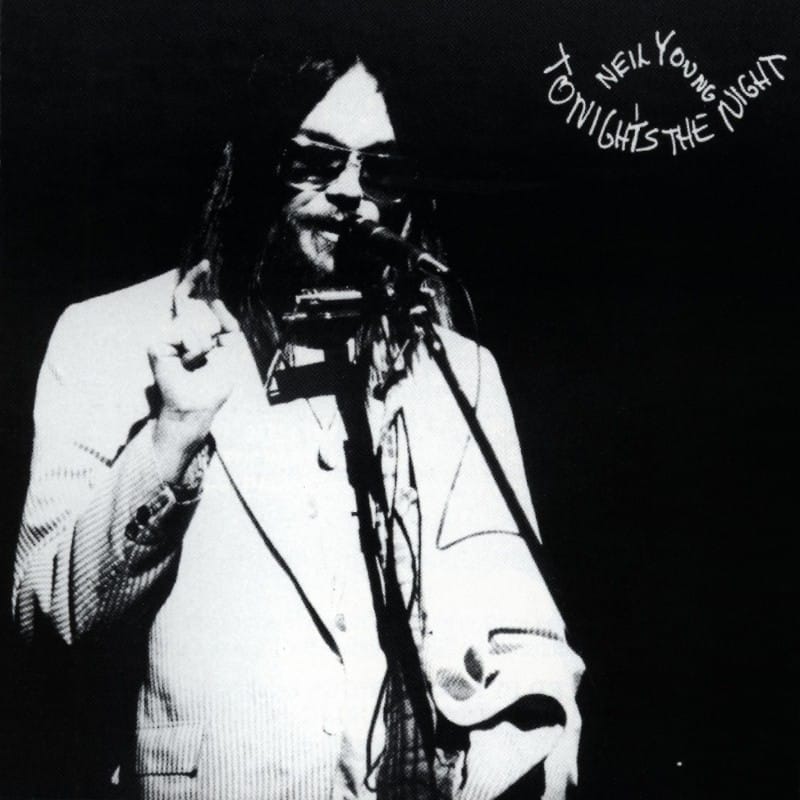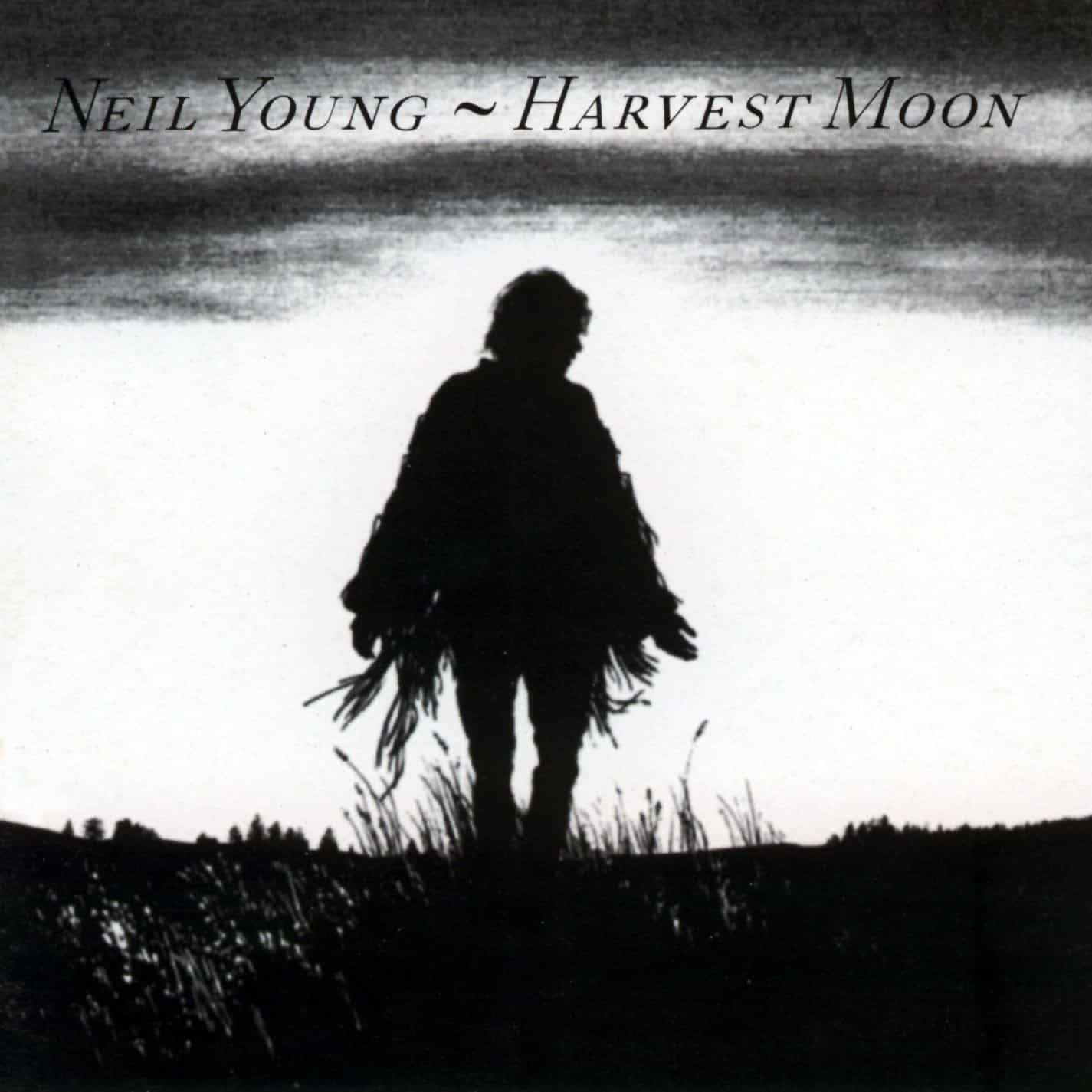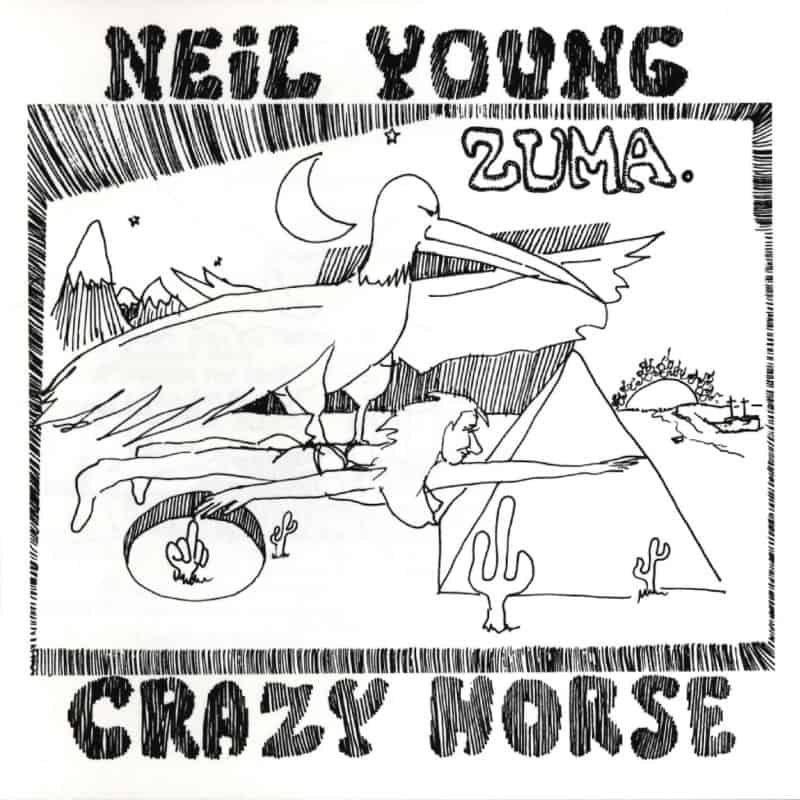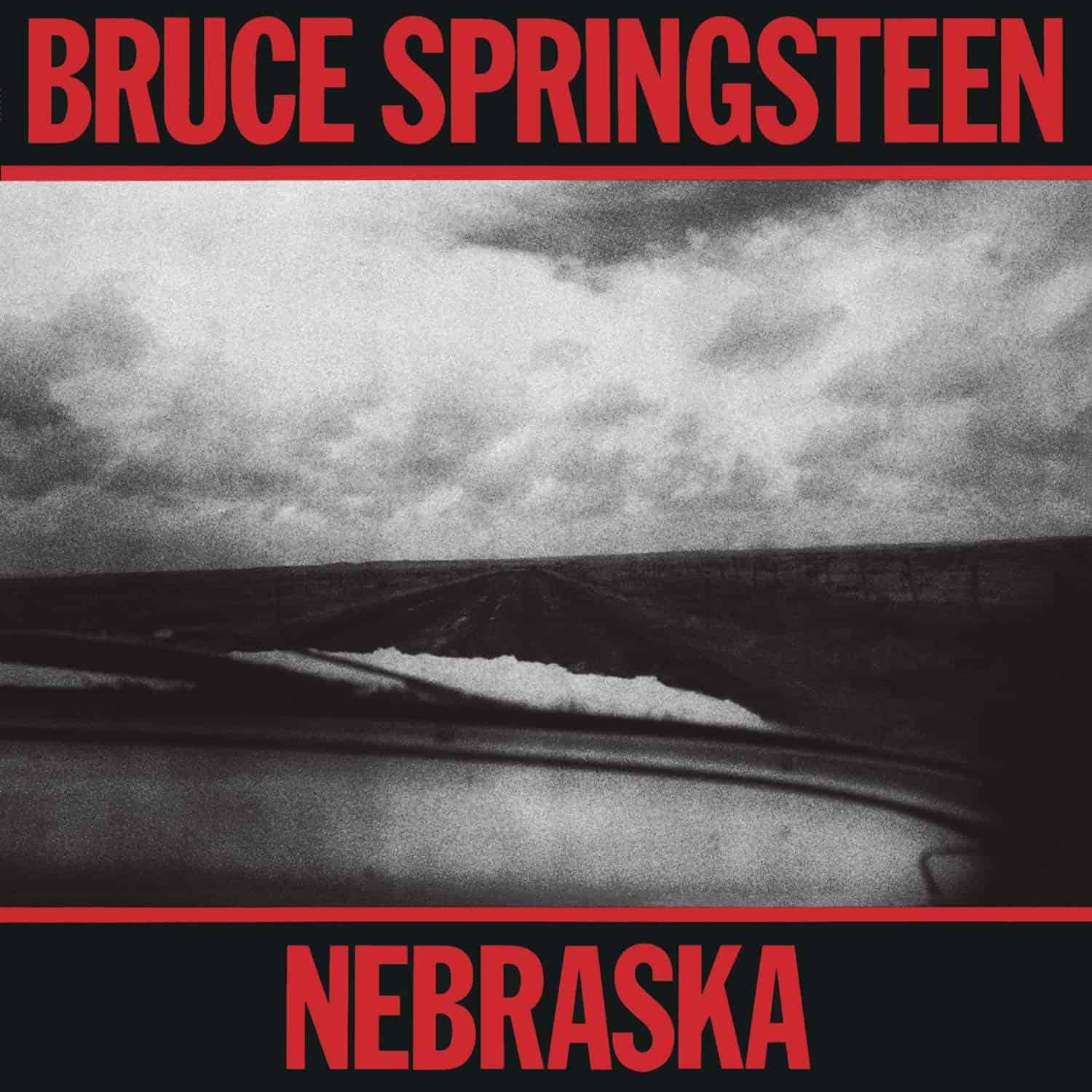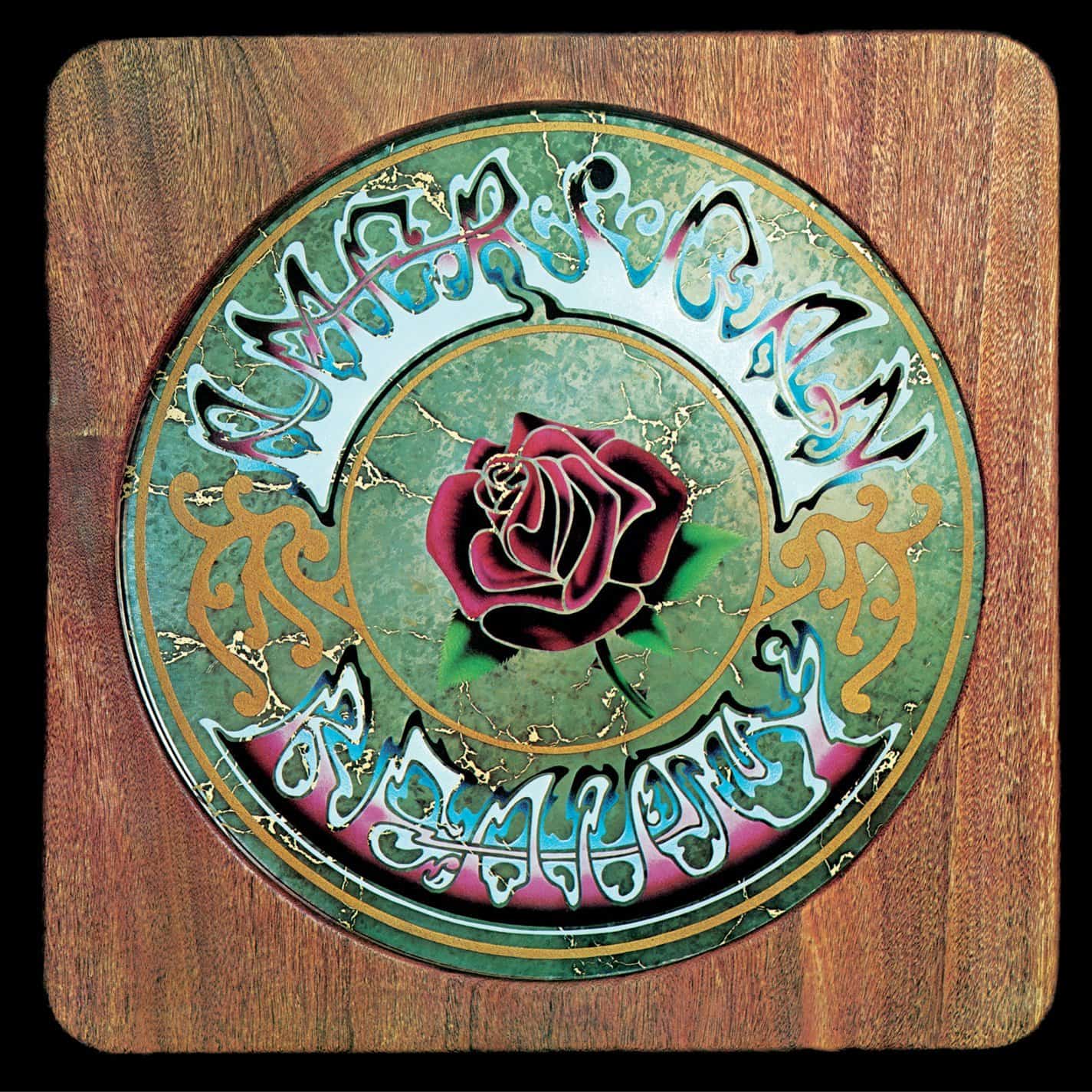Marketplace
2018 Reprise Records PRESSING
- Catalog Number 2297-1
- Release Year 2018
- Vinyl Mastering Engineer Chris Bellman
- Pressing Weight 180g
- Jacket Style Single
- 100% Analog Mastering Yes
- Pressing Plant Pallas
- Original Release Year 1980
- Original Label Reprise
- Original Catalog Number HS-2297
Neil Young’s 1980 LP Hawks & Doves followed Rust Never Sleeps, preceded Re-ac-tor (1981), and dramatically differed from both bookend releases. Rust Never Sleeps remains one of Neil Young’s strongest LPs while Re-ac-tor has devotees among Young’s diehard fans, but not many elsewhere. Young recorded the first side of Hawks & Doves between 1974 and 1975 for the then-aborted album Homegrown. He made the more countrified and aggressive songs on side two in 1980, specifically for release on Hawks & Doves.
When Young released the album, he was dealing with his son Ben’s health issues, which affected the effort and several that followed. Critical reaction proved, at best, muted, even as Robert Christgau rated it highly in his review for Village Voice. After nearly 40 years, Hawks & Doves is definitely worth revisiting.
Because of its brevity—just under 30 minutes—Hawks & Doves has always sounded immediate on vinyl. Chris Bellman’s new master brings more transparency to the recording. Young’s harmonica on “Little Wing” is warmer and more tonally convincing, and his acoustic guitar throughout more naturally wooden and resonant. Levon Helm’s percussion in the left channel on “The Old Homestead” comes across with added firmness, and the musical saw, while still somewhat distant, feels more haunting. Tim Drummond’s bass gives everything a solid foundation, and Young’s double-tracked harmony vocals teem with extra body.
On the original pressing, side two features a different sonic feel than the flip side—making for a jarring transition. Bellman brings the sonics of the sides closer, and helps bring out more textural detail from the instruments. The various guitars on “Lost in Space” interact more cleanly and flower with noticeable fullness. Rufus Thibodeaux’s fiddle on “Stayin Power” boasts better separation and precise placement, and Ben Keith’s pedal steel cuts through with stellar richness and authority. “Coastline” swings harder because Greg Thomas’ drums feel more relaxed all the while Keith’s pedal steel lines seem looser and more expansive.
Also, Young’s guitar on “Union Man” has more bite, and the background vocals that come at you all at once on the original pressing get requisite room to spread out and develop. Electric guitars throughout side two similarly benefit from added spaciousness, and Thibodeaux’s fiddle lends more to the music than suggested by the earlier pressing. The title track’s swamp funkiness—only hinted at on the original pressing—gets the tone and reach it deserves.
The pressing, by Pallas in Germany, is first-rate—flat and silent. The cover quality ranks a notch below those of other LPs in Young’s ongoing Archives Series. It arrives on the same medium-weight cover material as the original, yet the color reproduction looks duller and less focused. Instead of an anti-static inner sleeve, standard for the other releases in Young’s reissue series, the LP comes in a paper sleeve on which the lyrics are printed, just like the original.
Other releases in Young’s Archives Series show more care with the packaging, but they’re also more expensive. Most importantly, Bellman’s remaster lets us appreciate an album that holds up better than most critics and listeners originally believed—and all for a reasonable cost. Music fans should hear Hawks & Doves on this much-improved version.
Hawks and Doves
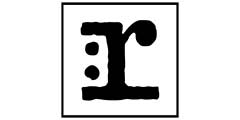
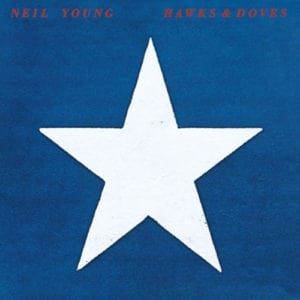
 4
4
